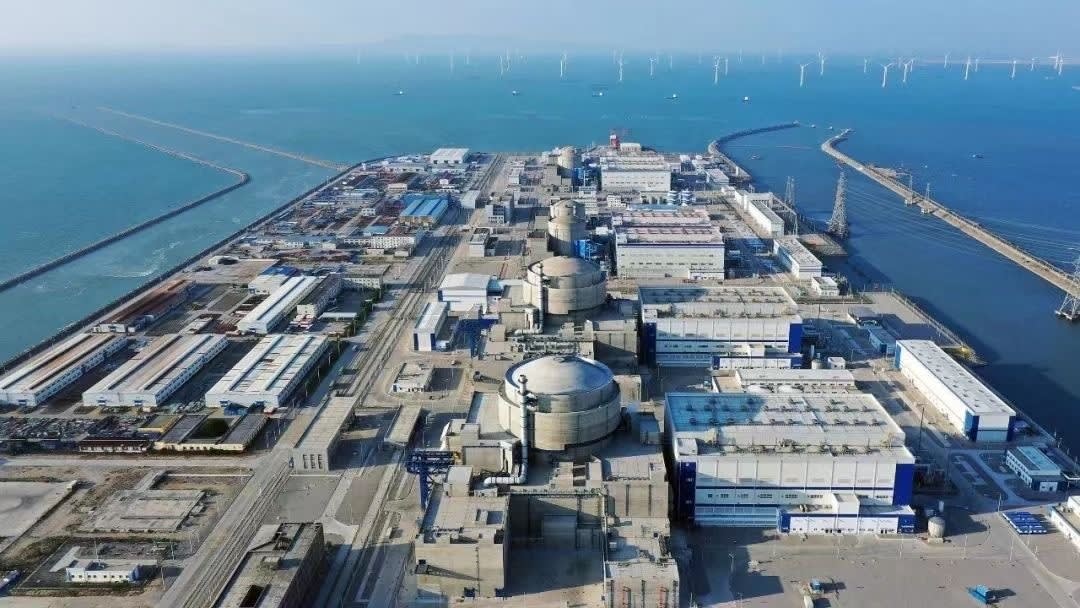"Informed AI News" is an publications aggregation platform, ensuring you only gain the most valuable information, to eliminate information asymmetry and break through the limits of information cocoons. Find out more >>
China and Russia Lead Global Nuclear Power Expansion
- summary
- score

Global nuclear power capacity has reached a record high. China and Russia spearheaded the increase, with 436 reactors and 416 gigawatts of power. China constructed 39 reactors over the past decade, quadrupling its capacity. Russia has now matched Japan's reactor count and has plans for further expansion.
Nuclear power is gaining momentum as a zero-emission energy source. At COP28, 22 countries set a goal to achieve 1,200 GW of nuclear capacity by 2050. However, challenges persist in supply chains and technology.
China and Russia have made significant advancements in nuclear technology post-Fukushima. China launched the world's first commercial small modular reactor (SMR). Russia leads in uranium enrichment and has pioneered a floating nuclear plant.
Western governments are now supporting nuclear development, reversing previous private sector emphasis. France has renationalized EDF to focus on reactor construction. The U.S. provides tax credits and funding to prevent plant closures.
The resurgence of nuclear power underscores its stability and necessity in a carbon-conscious world. Nonetheless, supply chain issues and high costs continue to pose challenges, necessitating government intervention and innovation.
| Scores | Value | Explanation |
|---|---|---|
| Objectivity | 6 | Comprehensive reporting with in-depth analysis. |
| Social Impact | 5 | Significantly influences public opinion on nuclear energy. |
| Credibility | 5 | Solid evidence from authoritative sources. |
| Potential | 6 | Inevitably leads to significant changes in energy policies. |
| Practicality | 4 | Highly practical, applicable to real energy problems. |
| Entertainment Value | 2 | Includes a few entertaining elements. |